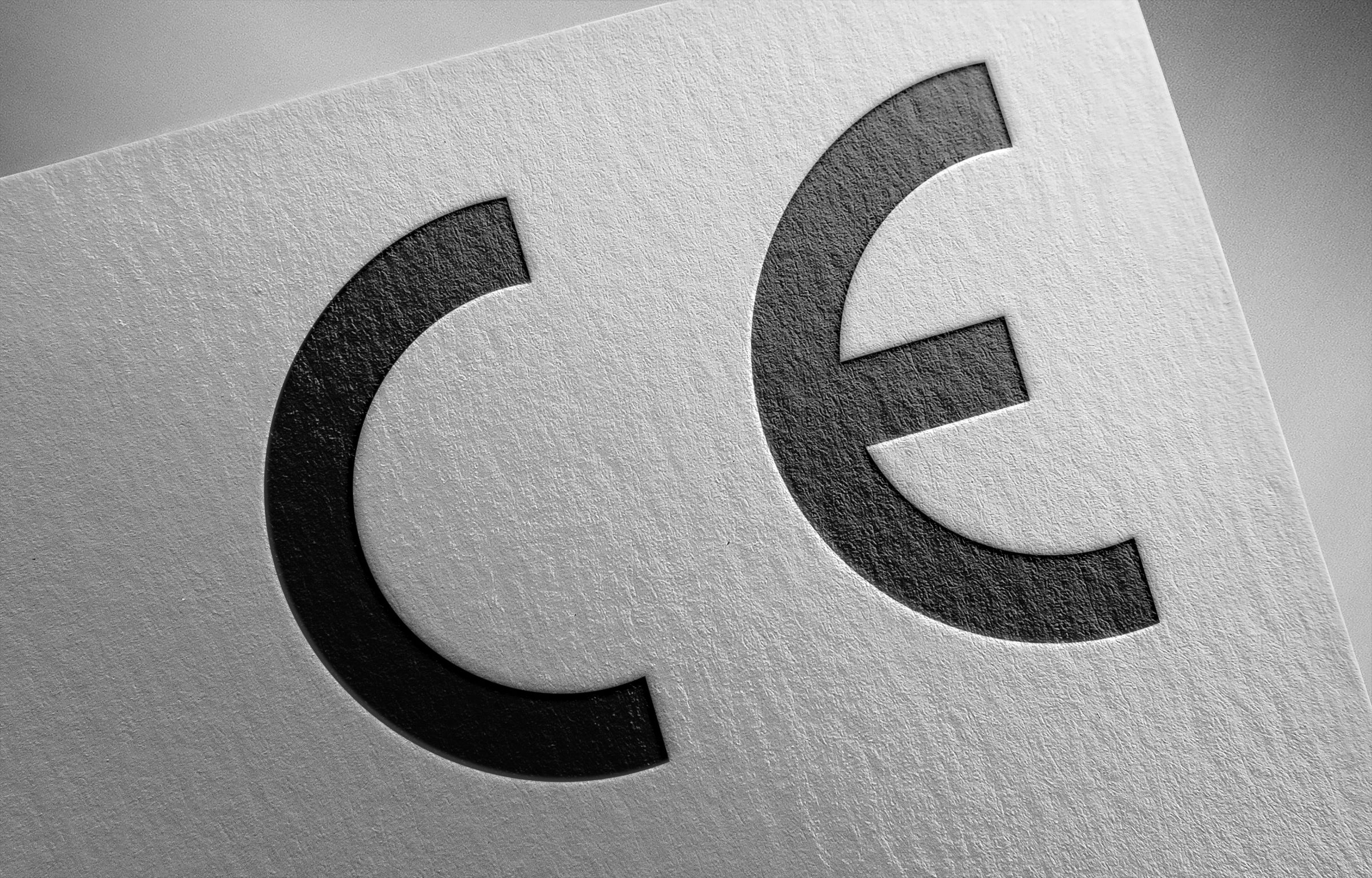
The UK has today (1 August) announced that the CE mark will continue to be recognised in the UK indefinitely.
The Department for Business and Trade (DBT) says the decision forms “part of the government’s drive for smarter regulation” and that the extension will “cut business costs” and “benefit consumers”.
Aligned
The CE mark – or ‘conformité européenne’ – is used to show that products conform to European standards around health, safety and environmental protection.
Although the UK has so far aligned with these European standards since Brexit, it had introduced its own UKCA mark to shows that goods meet UK standards.
Delays
The government had previously intended to make it mandatory for goods to bear the UKCA mark, instead of the CE mark, for use within the UK internal market. Firms would have had to continue using the CE mark for goods placed in the EU market.
The deadline for businesses to use the UKCA mark within the UK market has been postponed multiple times, however, with the latest cliff edge to be scrapped being December 2024.
Welcome
IOE&IT trade and customs expert Suzanne Alecrim says the delay will be welcomed by manufacturers across the UK. She explains:
“Given the UK has not yet diverged from EU standards for manufactured goods, this move is sensible and will be welcomed by manufacturers all over the country.
“For many businesses, getting the new UKCA mark – in addition to the CE mark if they trade with the EU – would have been a laborious process involving conformity assessments and re-labelling their products. Those companies that have already applied the UKCA mark can continue to do so or choose to apply the CE mark, therefore giving them greater flexibility and choice.
“The decision to allow businesses to continue using the CE mark within the UK will save businesses time and money, which is definitely welcome during the ongoing cost-of-living crisis.”
Arshad R. Dadabhoy, a trade and customs specialist at IOE&IT, also said the news will help bring “much-needed certainty” for manufacturers, after months of uncertainty over whether the government would stick with the deadline.
“This development brings much needed certainty to UK businesses and will benefit many companies across hundreds of sectors in reducing cost, supporting business planning and better inventory management.
“It further simplifies the process and allows business to trade both efficiently and productively.”
Stephen Phipson, CEO of manufacturing body Make UK, agrees, saying that the decision was “pragmatic” and would “help safeguard the competitiveness of manufacturers and aid the UK as a destination for investment”.
Cutting burdens
Business minister Kevin Hollinrake said the decision will help firms to “focus their time and money on creating jobs and growing the economy.”
“The government is tackling red tape, cutting burdens for business, and creating certainty for firms – we have listened to industry, and we are taking action to deliver,” he said.
DBT has also said that the decision comes as part of a “wider package of smarter regulations” designed to create an easier, less bureaucratic business environment.
Unnecessary
According to the FT, industry bodies had been warning the government, before today’s announcement, that the “copycat UK quality assurance mark was creating unnecessary burdens for industry by creating dual EU and UK certification regimes.”
The UK’s certification industry would also have struggled to “carry out tests on safety-critical products, such as construction materials, passenger lifts and car airbags.”
Northern Ireland
Sam Lowe, partner at trade policy consultancy Flint Global, told the FT that today’s announcement was always a “likely outcome” and would also reduce the possibility of divergence between Great Britain and Northern Ireland.
The CE mark continues to be mandatory – and would have done so irrespective of today’s decision – in Northern Ireland, as per the terms of the Northern Ireland Protocol and Windsor Framework.



